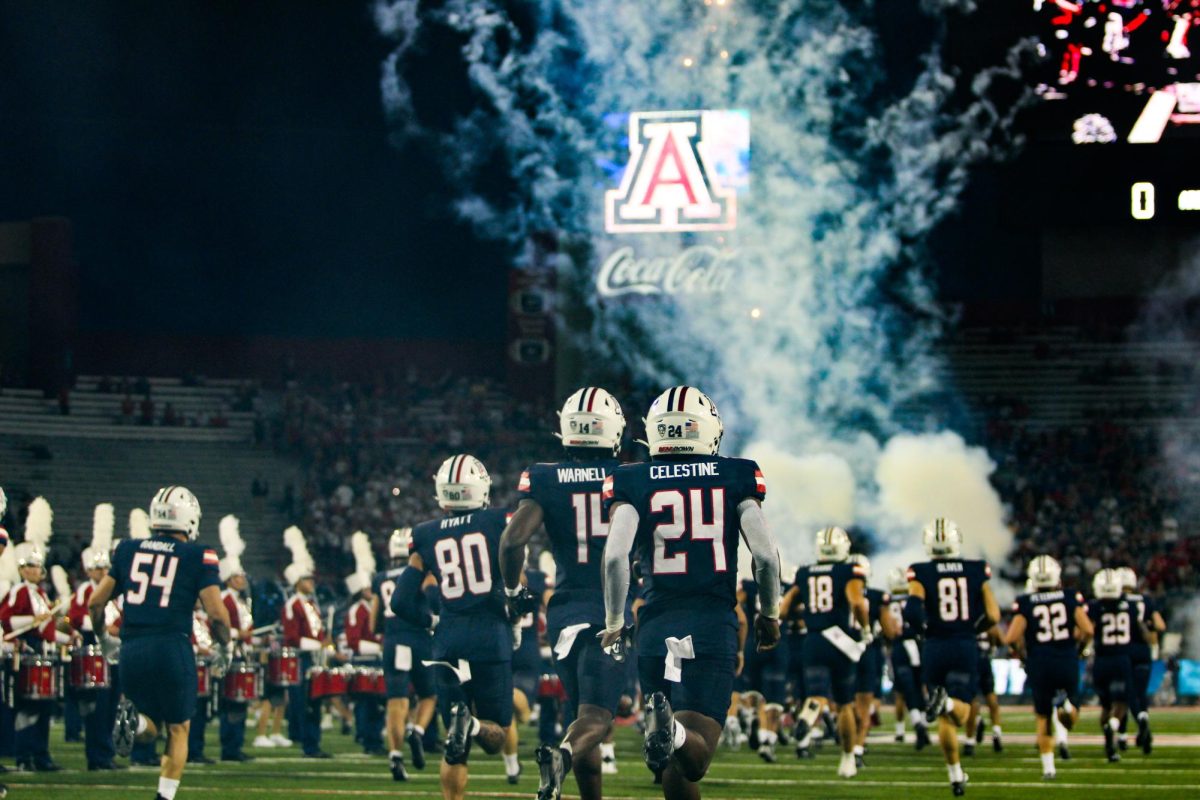KANSAS CITY, Mo. — College football fans complained, and the Bowl Championship Series listened.
A group of the 11 BCS conference commissioners plus Notre Dame athletic director Jack Swarbrick recommended a four-team postseason event during their meetings in Hollywood, Fla., which concluded Thursday.
There’s plenty to resolve. How will the four teams be selected — by a committee, BCS standing or polls? Where will the games be played — in bowls, at neutral sites or on campus? How will revenue be shared?
But change is coming because of wide dissatisfaction with the current BCS system.
“They’re listening to the fans,” BCS executive director Bill Hancock said of the commissioners. “They get that they want something different.”
The commissioners will present as many as seven options for a four-team playoff to conference spring meetings in May and June.
After getting feedback from the schools, the change must be approved by the NCAA Presidential Oversight Committee. Hancock said he hopes to have a resolution by July 4.
The conferences could still reject all of the ideas and make no changes, but that’s not likely after two days of meetings that signaled change.
“We will continue to meet and review the exact structure for what a new postseason could look like,” Hancock said. “We will present to our conferences a very small number of four-team options, each of which could be carried out in a number of ways.”
One thing that won’t happen is an eight- or 16-team playoff, the commissioners announced.
Any change won’t begin until the 2014 season. The current BCS system has two years remaining on a contract that takes the national championship game to south Florida after the 2012 season and to Pasadena, Calif., after the 2013 season.
Among the scenarios for a four-team playoff:
Semifinal and final sites rotated among existing BCS sites: Fiesta, Sugar, Orange and Rose bowls.
Semifinals rotated among current BCS sites with the championship played at a neutral site selected through a bid process, such as Cowboys Stadium in Arlington, Texas.
All three sites would be determined through a bid process.
Semifinals at campus sites, although the idea endorsed by the Big Ten, doesn’t have wide support.
“I think it has more disadvantages than advantages,” Southeastern Conference commissioner Mike Slive said.
Selecting the teams also will be a process. Should a four-team field be available only to conference champions? If so, last year’s BCS champion, Alabama, wouldn’t have participated.
The commissioners also said they want the championship game to be played closer to Jan. 1, keeping college football a one-semester sport.
The BCS was created for the 1998 season to provide college football with a meeting between the two highest-rated teams based on a combination of polls and computer rankings, and the process has stirred controversy in most years.













